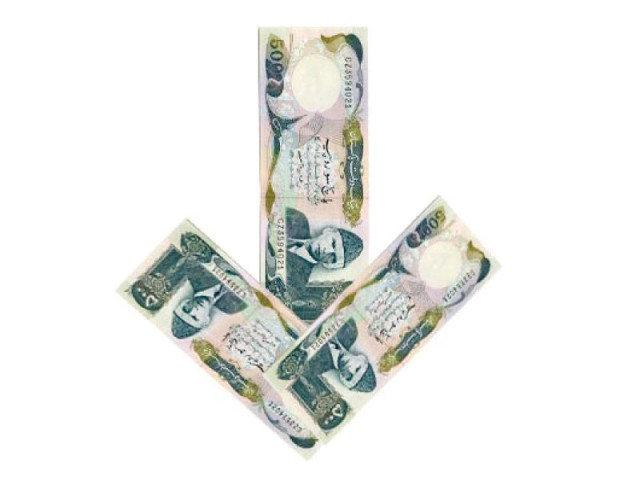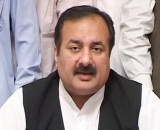Consumer Price Index: Inflation at 11-year low for third month in a row
CPI rises only 3.9% as pace of increase in prices of essential commodities slows down.

In view of the sharply lower inflation, the State Bank of Pakistan cut the discount rate by 100 basis points to 8.5% in its fresh monetary policy. STOCK IMAGE
The slowdown in the price increase was noted both in food and energy products – the two main groups that have a majority of the commodities in the Consumer Price Index (CPI).
The CPI rose 3.88%, to be precise, said the national data collection agency. The indicator tracks price movements of 481 commodities every month.
The Wholesale Price Index decelerated in January and rose only 1.03%, indicating the crash in factory-gate prices would translate into a further reduction in retail prices in the months ahead.
The inflationary pressures seemed to be easing out, as the fuel- and food-adjusted inflation, known as core inflation, also slowed down to 6.4% on a year-on-year (YoY) basis in January, a reduction of 0.3% over previous month.
Core inflation that is given more importance by economists was 8% in January last year.
In view of the sharply lower inflation, the State Bank of Pakistan cut the discount rate by 100 basis points to 8.5% in its fresh monetary policy.

According to the PBS, in January the food and non-alcoholic beverages group rose 3.9% YoY. The index had been recorded at 3.4% in December.
In January, there was an increase of 2.13% in prices of non-perishable food items while rates of perishable food items increased only 2.1% over a year ago.
On a YoY basis, tomato prices decreased one-third, onion prices fell over 28%, tea prices declined 15.5%, kerosene oil dropped 9.3% and motor fuel fell over 6%.
In January, potato prices recorded the major increase of 49% in comparison to the previous year.
Average inflation in the first seven months of the current fiscal year (July-January) rose 5.8% as compared to the same period of previous year, according to the PBS.
For the current year, the government has set the inflation target at 8%, which is expected to be achieved on the back of reduced commodity prices.
On a monthly basis, the CPI-based inflation increased only 0.08% in January over December. Prices of food items, non-alcoholic beverages and tobacco also decelerated.
Prices of clothing and footwear remained constant, which was an unusual phenomenon. Rates of housing, water, electricity, gas and other fuels increased 1.42% in January over the previous month. Transport charges rose 0.27%, while the communications group decelerated in January over the previous month.
Published in The Express Tribune, February 3rd, 2015.
Like Business on Facebook, follow @TribuneBiz on Twitter to stay informed and join in the conversation.



















COMMENTS
Comments are moderated and generally will be posted if they are on-topic and not abusive.
For more information, please see our Comments FAQ